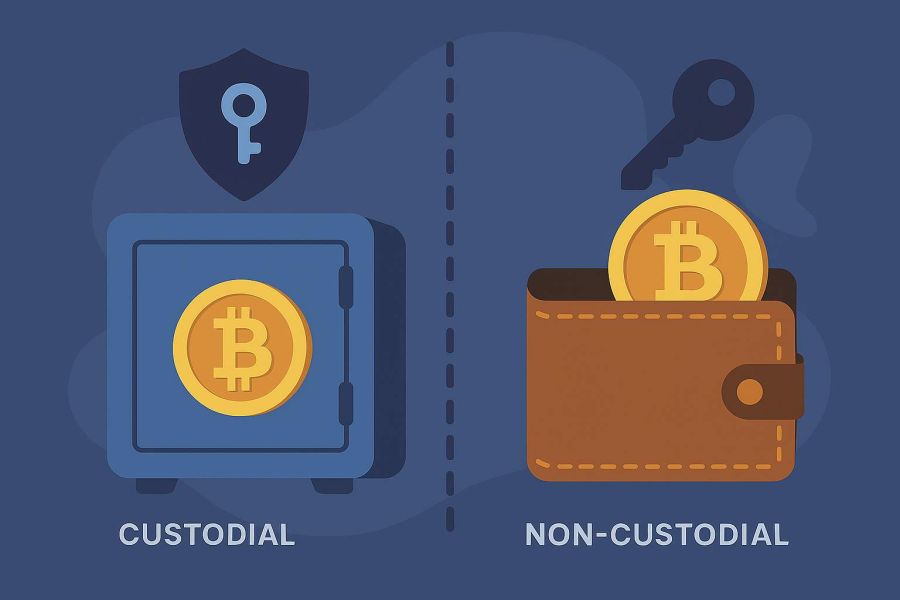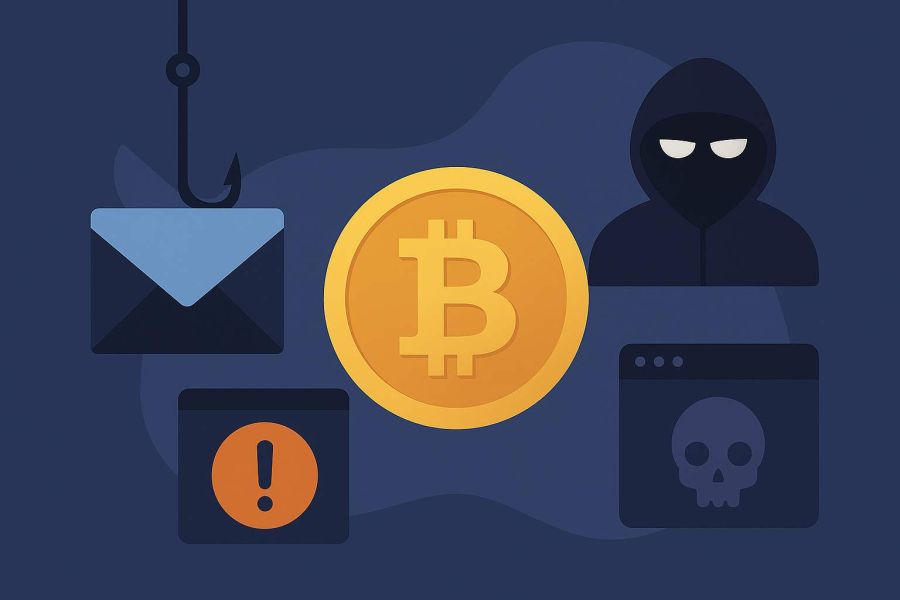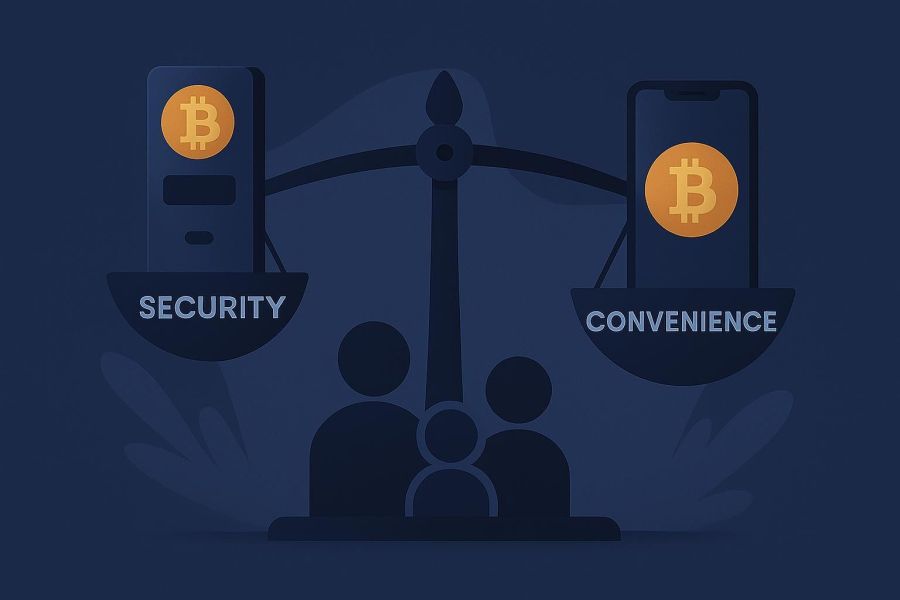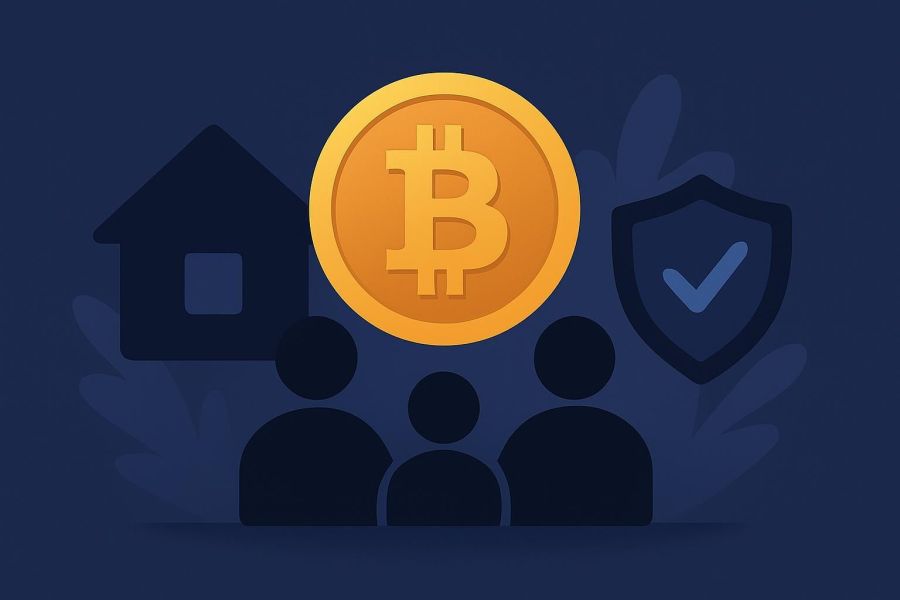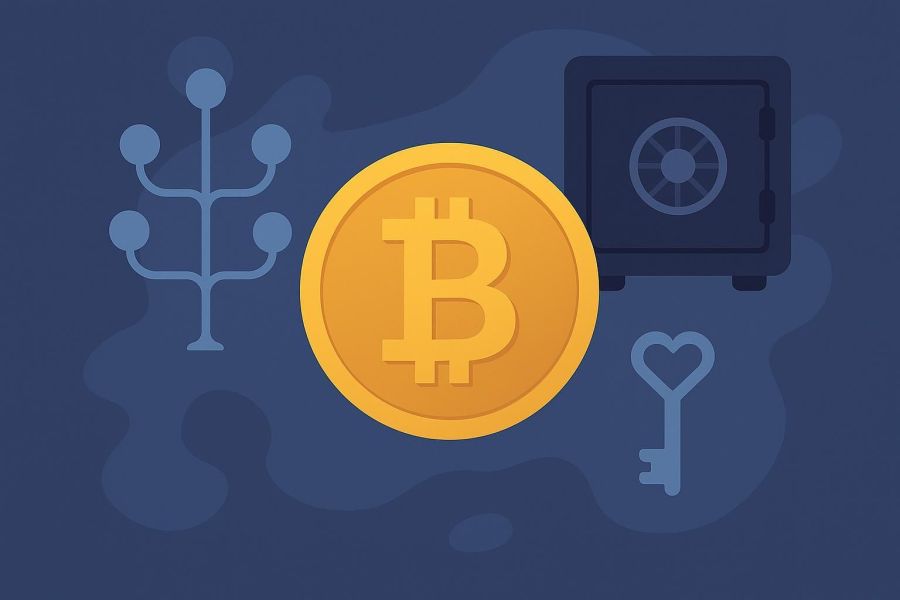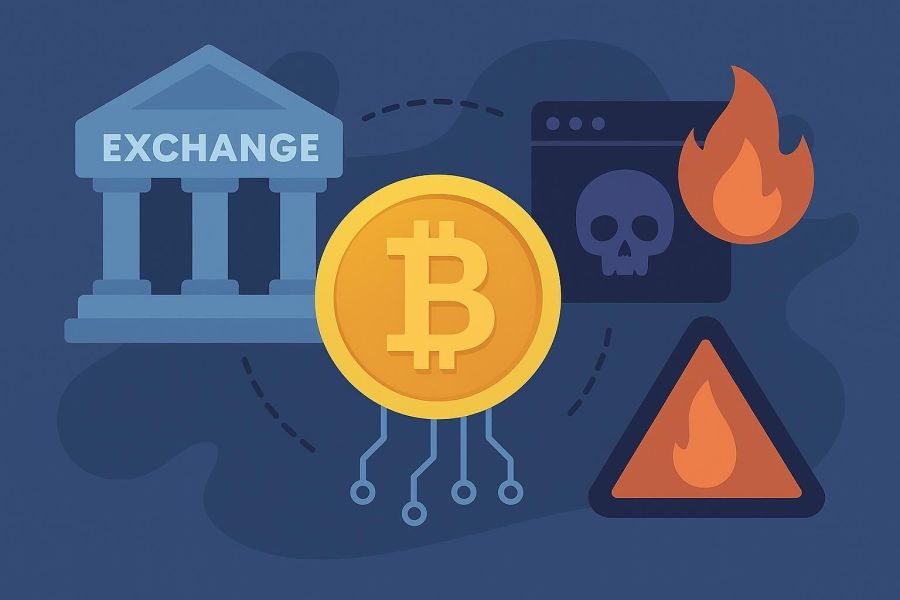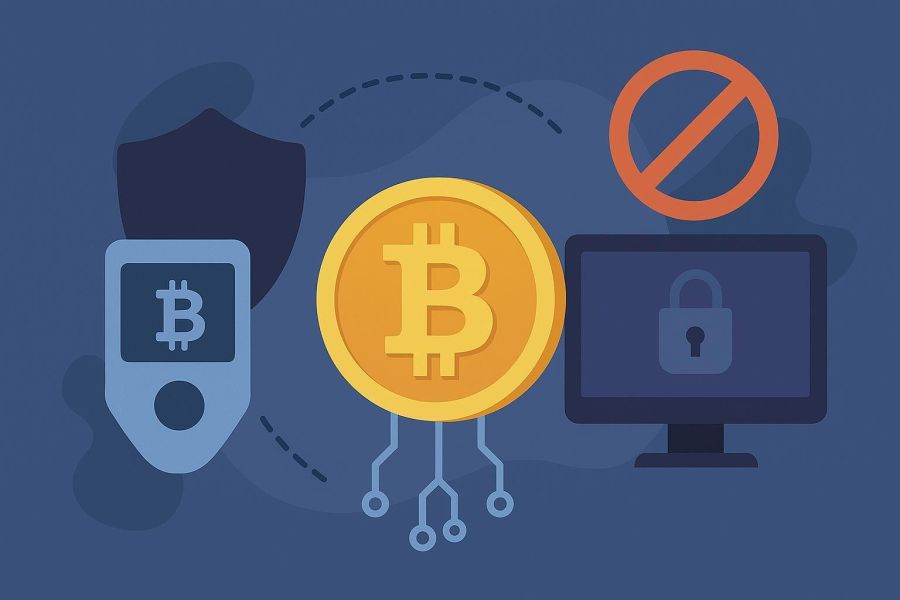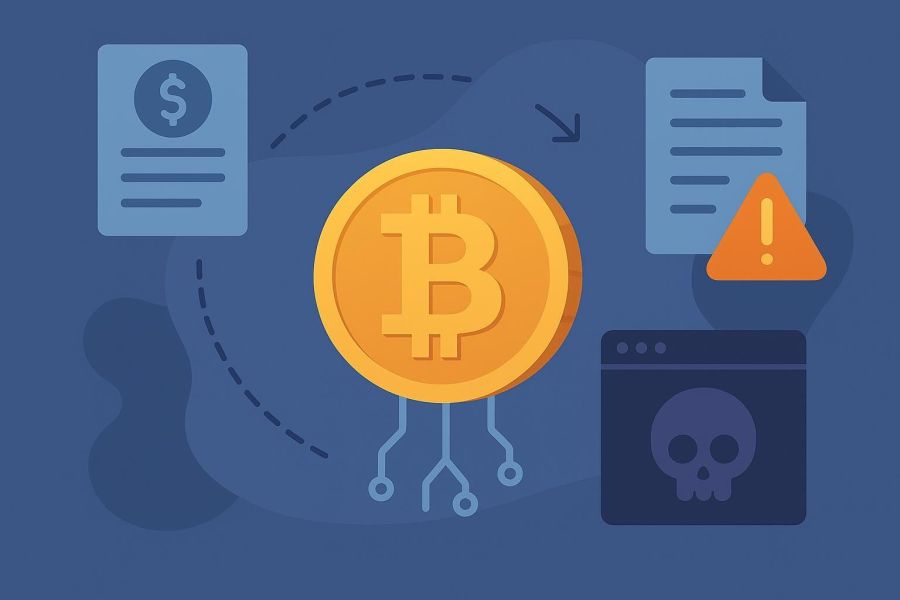
Why Mobile Wallets Are Popular
Mobile wallets are convenient and user-friendly, making them ideal for everyday Bitcoin use. With just a smartphone, you can send, receive, and manage your funds on the go. But this convenience comes with trade-offs in terms of security.
Common Risks with Mobile Wallets
- Malware and spyware: Compromised devices can leak sensitive information or allow remote access.
- App impersonation: Fake wallet apps on app stores can trick users into entering seed phrases.
- Physical theft: If someone steals your phone and it’s unlocked, they may access your funds.
- Cloud backups: Some wallets store data in the cloud by default, which can be a major security risk.
Best Practices for Mobile Wallet Security
- Download from trusted sources: Always verify the official wallet website before using app store links.
- Enable biometrics and PINs: Add multiple layers of local protection on your phone and wallet app.
- Disable cloud backups: Never allow seed phrases or keys to be stored in iCloud, Google Drive, or similar services.
- Use watch-only wallets: For monitoring large balances, use wallets that don’t hold private keys.
When to Use Mobile Wallets
Mobile wallets are great for small amounts, day-to-day spending, or testing Bitcoin features. For long-term savings or large amounts, use a hardware wallet or cold storage setup.
Security Tip
If you wouldn’t carry thousands of euros in cash on your phone, don’t carry that much Bitcoin either. Mobile wallets are like a digital pocket – not a vault.



